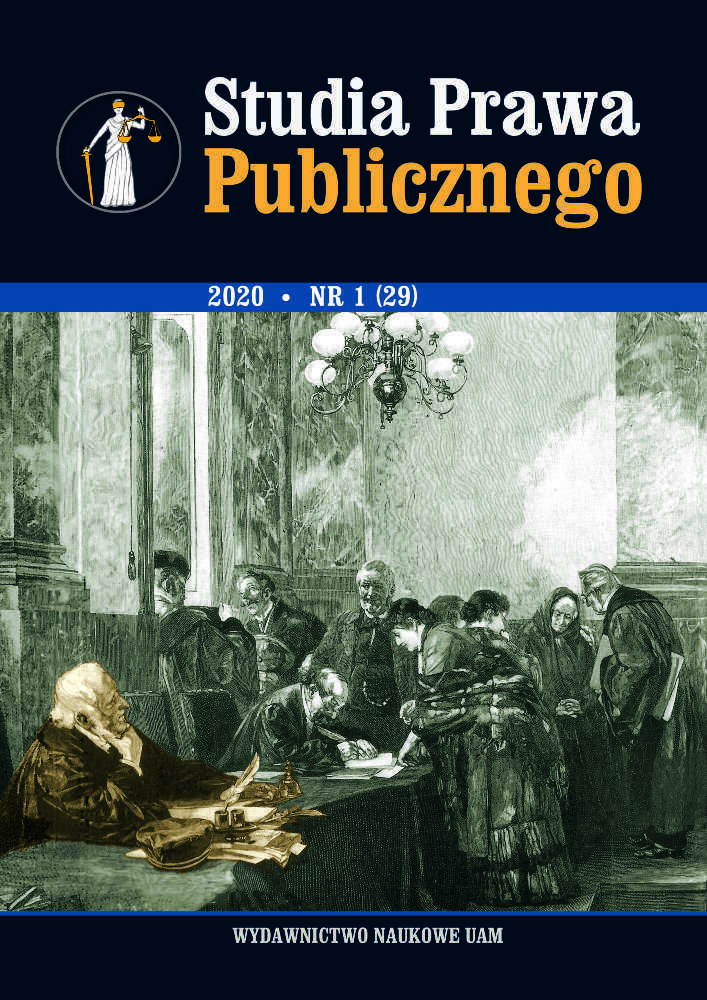Abstrakt
The article presents reflections on the best practices in real estate cross border transactions.Transactions on real estate markets have several aspects that make them highly complex, mostly due to their individual nature – each property is unique in terms of its location, structure and history. Cross-border transactions on the real estate market are becoming increasingly popular as the world becomes more globalized. The growing volume of this type of transaction presents a challenge for the modern real estate lawyer. It is impossible to create an exhaustive guide setting out all the hazards occurring in such transactions. This article addresses this difficult challenge by indicating the most important of them.
It is essential and extremely helpful to enter into cooperation with a local counsel who will help us to explain the local specificity and who will take the legal differences into account. In addition, other helpful tools, such as a legal due diligence report or a title insurance Policy, should be carefully considered. One cannot forget about the importance of the local culture and customs, which may prove decisive at the crucial moment of the transaction. Finally, to be effective in working with cross-border clients, lawyers must have a good understanding of how people think and make decisions, and must possess good people skills. Respect for local customs and traditions, as well as understanding the local legal system while securing clients’ interests, is the key to a successful transaction.
Bibliografia
Badarinza C., Tarun R., Shimizu Ch., Gravity, Counterparties, and Foreign Investment, March 2019.
Bardhan A., Kroll C.A., Globalization and the Real Estate Industry: Issues, Implications, Opportunities, Sloan Industry Studies Annual Conference, pp. 1–36, April 2007.
Boyer M., Nyce Ch., Market Growth, Barriers to Entry, and Banks as Insurance Referral Agents: Evidence from the Title Insurance Industry, February 2005.
Brealey R., Myers S., Allen F., Principles of corporate finance, International edition 2008.
Chaney T., The network structure of international trade. “The American Economic Review” 2014, vol. 104(11), 3600.
Flood J., Skordaki E., Structuring Transactions: The Case of Real Estate Finance, in: Contractual Certainty in International Trade, Gessner V., 2008.
Gilson R.J., Value Creation by Business Lawyers: Legal Skills and Asset Pricing, “Yale Law Journal” 1984, 239–241.
Martinsons G., Comparing the Decision Styles of American, Chinese and Japanese Business Leaders, “Best Paper Proceedings of Academy of Management Meetings”, Washington, DC, August 2001.
Mersadi N.T., Islamic Finance and the Modern World: The Legal Principles Governing Islamic Finance in International Trade, “The Company Lawyer” 2010, vol. 31, no. 8, pp. 249–254.
Phalippou L., Hilton Hotels: A Case Study in Real Estate Private Equity, April 2014.
Tamanaha Z.B., Understanding Legal Pluralism: Past to Present, Local to Global, “Sydney Law Review” 2007, vol. 29.
Vaibhav M., Management of Cross Cultural Teams: Problems and Effective Management of Cross-Cultural Teams, November 2012.
Licencja
Prawa autorskie (c) 2020 Piotr Szulc

Utwór dostępny jest na licencji Creative Commons Uznanie autorstwa – Użycie niekomercyjne – Bez utworów zależnych 4.0 Międzynarodowe.

